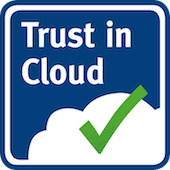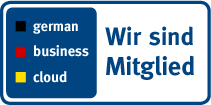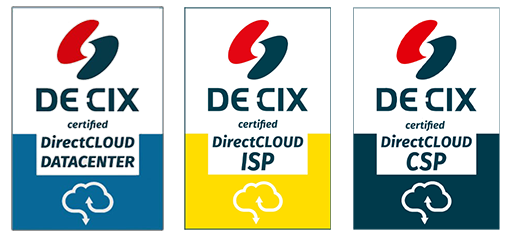CRM (Customer Relationship Management)
CRM (Customer Relationship Management) is both a strategy and a system designed to manage interactions with customers, aiming to improve sales, service quality, and customer retention. A CRM helps businesses automate communication, store client histories, and build long-term, personalized relationships with their audience.
What is CRM
The term CRM stands for Customer Relationship Management — a concept that combines both a business approach to client relations and the software that supports it.
A CRM system consolidates all customer data — contacts, deals, calls, orders, and correspondence — into a single interface. This gives managers a complete view of customer interactions, enables tracking of deal stages, and helps tailor communications to individual clients.
Modern CRM systems integrate with email, telephony, messaging apps, and analytics tools, turning them into centralized hubs for managing the entire customer experience (CX).
How CRM Works
CRM systems operate on the principles of data centralization and process automation:
- Data collection – information is gathered from various sources, including website forms, emails, calls, and social networks.
- Storage and structuring – the data is organized into client profiles and segmented according to set parameters.
- Automation – the system manages reminders, tracks deal progress, and can automatically send messages or notifications.
- Analytics and reporting – CRM tools measure sales performance, forecast revenue, and evaluate employee productivity.
These capabilities make business processes transparent and allow decision-makers to rely on accurate, real-time data.
Use Cases
CRM systems are used across industries where customer relationships are key:
- B2B companies – for managing sales pipelines and forecasting revenue;
- Retail – for loyalty programs and repeat purchase management;
- Service providers – for handling customer support and service requests;
- IT companies – for lead management, subscription tracking, and client communication.
CRM platforms have become essential for business ecosystems, especially in remote and hybrid work environments.
Advantages
Key benefits of using a CRM system include:
- Centralized database – all client information stored in one place;
- Automation – reduces manual work and increases team efficiency;
- Analytics and control – managers can track KPIs and monitor the entire sales funnel;
- Improved customer experience – faster response times and personalized engagement.
A well-implemented CRM streamlines client management, strengthens relationships, and increases conversion rates from inquiry to sale.
Frequently Asked Questions (FAQ)
A CRM centralizes customer management, automates workflows, and enhances service quality. It helps teams maintain full visibility of customer interactions, respond promptly to inquiries, and build loyalty. Essentially, CRM unites marketing, sales, and customer service into one coordinated process.
There are three main types:
- Operational CRM – automates sales, marketing, and service processes.
- Analytical CRM – focuses on data analysis and forecasting.
- Collaborative CRM – improves communication between departments.
Modern platforms often combine all three functionalities.
A cloud CRM is hosted on the provider’s servers and accessible via the internet — it requires no local installation. An on-premise CRM is deployed on a company’s own infrastructure and maintained internally. Cloud solutions are easier to scale and update but rely on a stable internet connection.
Yes. Most CRMs integrate seamlessly with email platforms, messengers, telephony, ERP systems, advertising tools, and analytics dashboards. This integration enables automation across the entire customer journey — from lead generation to support and retention.






